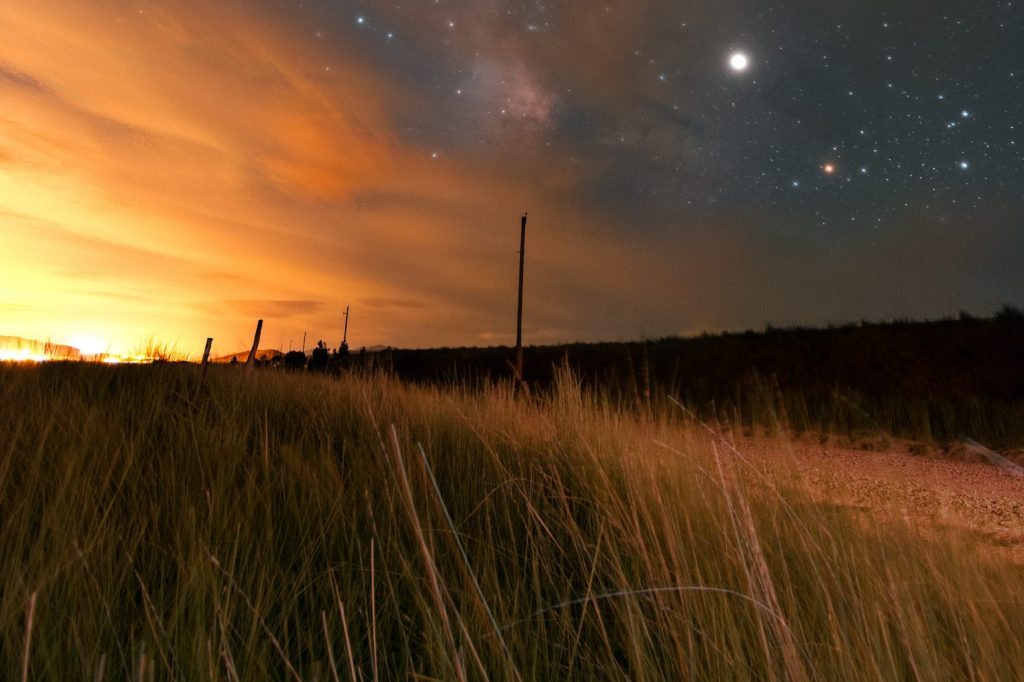Stuart Masters explores the concept of deification from a Quaker perspective.

The experience of deification, the idea that the divine nature can be revealed in human lives, was really important for early Quakers. Could this idea have any meaning for us today? I want to suggest that it might help us in addressing social injustice, and ecological destruction.
Deification may seem like a rather strange idea, but perhaps one way of thinking about it is to realize that the Spirit can help us to see things from the divine point of view, from a bigger, broader, and more enlightened standpoint. Maybe one way of understanding what we call ‘sin’, is to view it as a narrow, limited, and self-centred way of seeing things, that distorts our relationship with others. This seems to be a problem we all struggle with. We assume that the way we experience the world is the way things really are – it is simply ‘natural’ and ‘normal’. However, when we do this, we are seeing things from one particular point of view. Clearly, this can easily produce negative attitudes towards others who are not like us, but it can become much more damaging when people have real wealth and power, and are able to enforce their narrow and self-centred view on others.
Sadly, there are many examples of this, including the way a white European point of view has justified the exploitation of non-European people (racism), or how men have limited the freedom of women (sexism), or negative attitudes to sexual and gender diversity (homophobia and transphobia). In terms of ecology, we might say that this narrow, and self-centred point of view, especially when mixed with a desire for wealth and power, has produced an exploitative and destructive relationship with other animals and the rest of the creation.
In a letter he wrote to the early Christian church at Corinth, the Apostle Paul uses the metaphor of a body to describe the faith community (1 Corinthians 12). This points to a positive ecological vision. The whole body needs all its individual parts. Each one performs an important role in ensuring that the body remains fit and healthy. All the parts must work together, an individual organ is meaningless when separated from the whole. This seems to affirm the essential value of diversity, interconnection, and interdependence. Ecosystems in the natural world display these characteristics. In terms of our relationship with the rest of the natural world, can we begin to see things from the divine point of view and from the perspective of the whole creation? Can we recognize that we are part of the community of all living things, and behave accordingly?
So, perhaps one way of understanding deification today, is to see it as a practice of moving away from a narrow and self-centred perception, to a way of perceiving things from the divine point of view (the source), and from the perspective of the whole (creation). This, in turn, leads us to an experience of love, empathy and compassion which is equally unconfined. Because this unbounded love, wisdom and perception is available to us in the Spirit, we can all share in it, but only if we are prepared to recognise its presence, accept it, and pay attention to it. This requires us to surrender our narrow and self-centred point of view, and allow ourselves to be reshaped by a bigger, broader, and more inclusive perception. Maybe, in part, this is what is being described in Advices and Queries number one – “the Light shows us our darkness and brings us to new life”.



